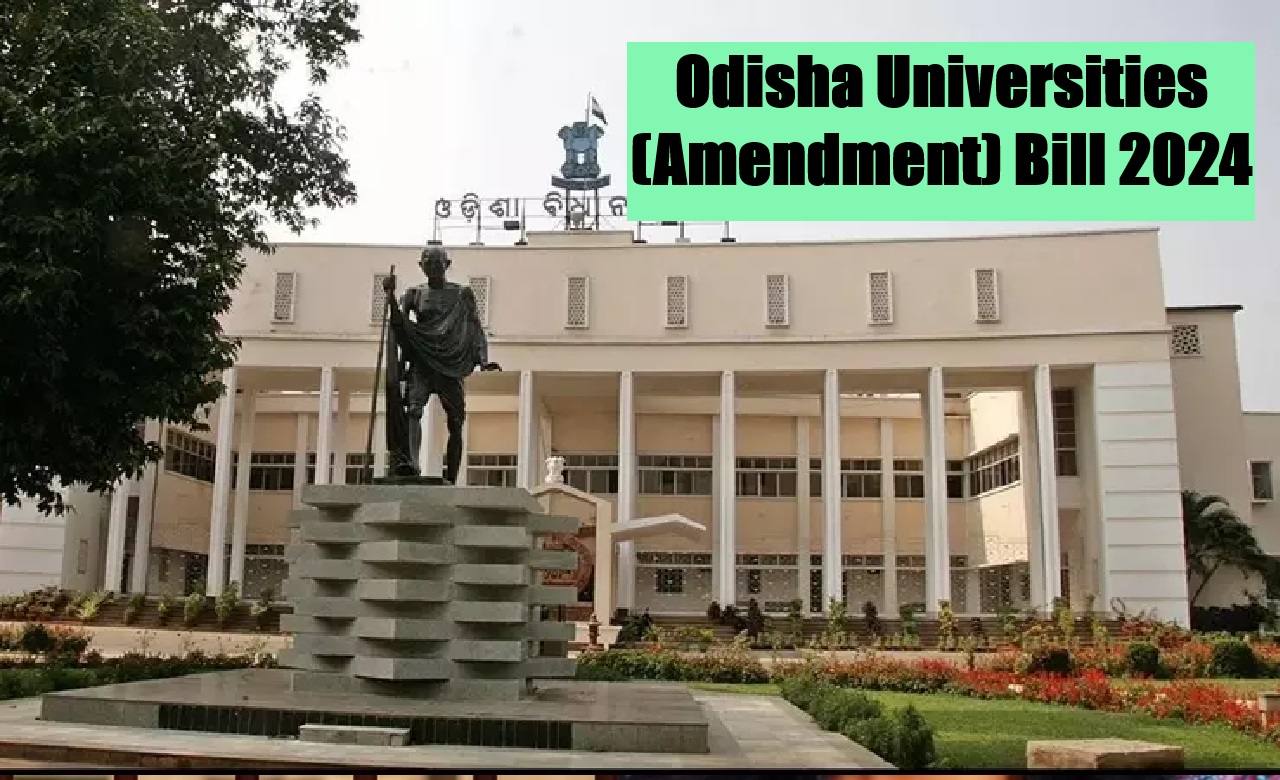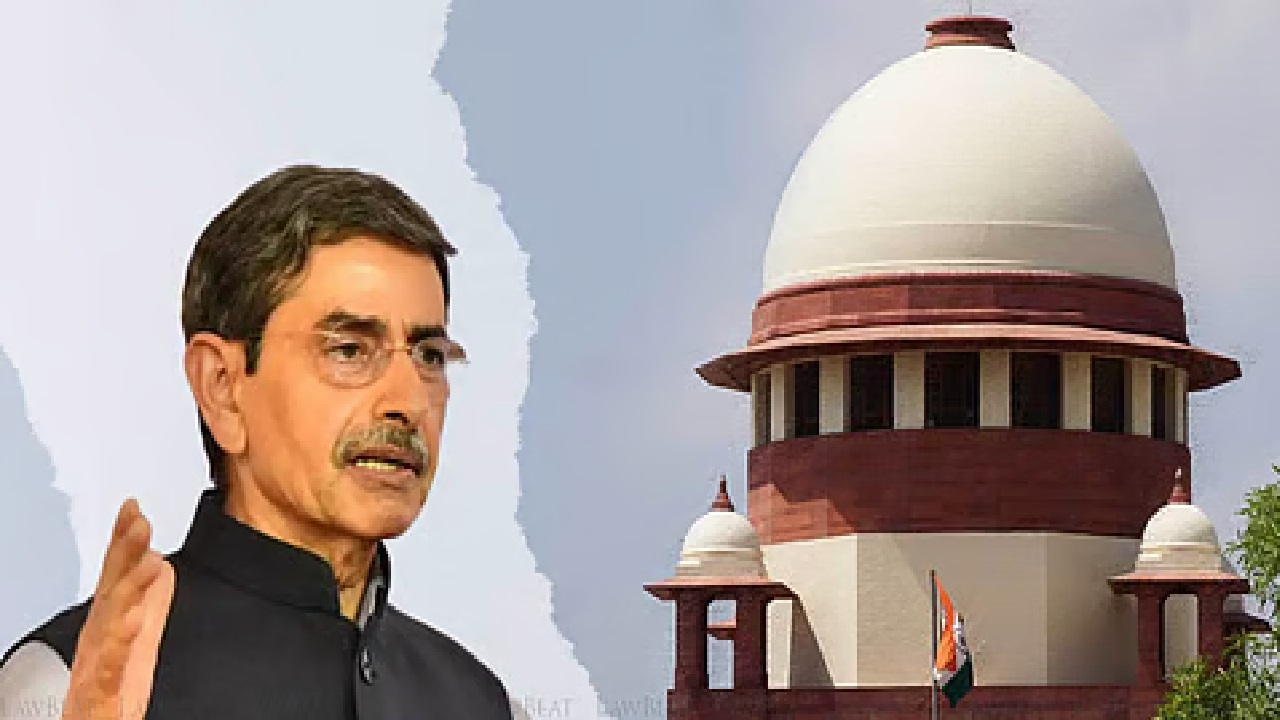The Background and Context
The Odisha Universities (Amendment) Bill 2024 was passed in the Odisha Legislative Assembly after an intense 12.5-hour debate between the ruling Bharatiya Janata Party (BJP) and the opposition Biju Janata Dal (BJD). This significant legislation aims to revamp the governance structure of universities in Odisha, restore autonomy, and streamline the appointment process for Vice Chancellors.
The passage of the bill also marked the conclusion of the budget session of the 17th Odisha Legislative Assembly, which was adjourned sine die three days ahead of schedule. The marathon discussion, which lasted from 10:30 AM on Wednesday to 7:05 AM on Thursday, saw heated arguments from both sides, with some legislators debating for hours.
While the ruling BJP hailed the bill as a progressive step towards educational reform, the opposition BJD raised concerns over its validity, autonomy, and legal standing, especially in light of a pending case in the Supreme Court regarding a similar amendment passed in 2020.
The Intense Debate and Political Divide
Opposition’s Concerns
The BJD, led by MLA Arun Sahoo, strongly opposed the bill, arguing that:
· The amendment was introduced in a hasty manner without thorough consultation.
· The original Odisha University Act (1989) was already amended in 2020, and with UGC challenging that amendment in the Supreme Court, the new bill’s legal standing remains uncertain.
· The involvement of state authorities in university administration could potentially affect academic autonomy.
MLAs Ranendra Pratap Swain, Ganeswar Behera, and Dhruba Sahoo also voiced their concerns, engaging in prolonged debates against the bill. Arun Sahoo alone spoke for over three hours, while Swain and Behera debated for over an hour each.
Ruling Party’s Justification
On the other hand, the BJP government, represented by Higher Education Minister Suryabanshi Suraj, defended the bill, stating that:
· The bill will help fill vacancies in universities and ensure a transparent selection process for Vice Chancellors.
· The restoration of university autonomy through the revival of the University Senate system will strengthen decision-making.
· The bill aligns with the New Education Policy (NEP) and will bring much-needed reforms to higher education in Odisha.
Chief Minister Mohan Majhi actively participated in the session and monitored the proceedings closely. He even questioned the absence of some MLAs during voting, emphasizing the bill’s significance. Deputy Chief Minister Pravati Parida was also present, while Leader of Opposition Naveen Patnaik was notably absent.
Mixed Reactions After Passage
Following the passage of the bill, Higher Education Minister Suryabanshi Suraj remarked:
“Odisha is now entering a new era in education. The passage of this bill will help universities fill vacancies efficiently, restore autonomy, and implement the New Education Policy successfully.”
Conversely, BJD MLA Arun Sahoo strongly criticized the government, arguing that the bill’s legitimacy might be challenged in the Supreme Court, given that the 2020 amendment was already under judicial review.
Key Highlights of the Odisha Universities (Amendment) Bill 2024
The bill introduces several structural changes in university administration, particularly in the appointment of Vice Chancellors and governance mechanisms.
1. Revival of the University Senate
· The bill reintroduces the University Senate system, which was previously abolished.
· The Senate will have a role in decision-making and policy formation within universities.
2. Changes in the Appointment of Vice Chancellors
· A three-member Appointment Committee will oversee the selection process. The committee will consist of: (1). One member appointed by the Chancellor, (2) One member nominated by the UGC Chairperson.
· One member chosen by the university syndicate
· The committee will shortlist three candidates, ensuring that none of them have pending cases with the Anti-Corruption Department.
· The Governor will appoint the Vice Chancellor from the shortlisted candidates.
· The Vice Chancellor’s tenure will be four years or until the age of 70, whichever comes first.
· Reappointment is allowed but limited to one additional term.
3. Oversight and Accountability of Vice Chancellors
· If a Vice Chancellor applies for leave, a senior professor will assume temporary charge.
· The Chancellor can demand an explanation if any administrative errors occur under a Vice Chancellor’s tenure.
· Before issuing any disciplinary action, the Chancellor must consult with the state government.
Potential Consequences and Future Implications
The passage of the Odisha Universities (Amendment) Bill 2024 marks a turning point in the state’s higher education landscape. However, the bill’s implementation and long-term impact will depend on multiple factors:
Positive Outcomes
· Faster and Transparent Appointments – With a well-defined three-member committee, Vice Chancellors can be appointed well in advance, preventing administrative delays.
· University Autonomy – The revival of the University Senate could strengthen self-governance in higher education institutions.
· Alignment with New Education Policy (NEP) – The amendments aim to modernize university governance, in line with the National Education Policy (NEP) 2020.
Challenges and Uncertainties
· Legal Roadblocks – With the 2020 amendment already under Supreme Court review, this bill may also face judicial scrutiny.
· Opposition Backlash – The BJD has strongly opposed the bill, and political debates around it may continue in the public and legal domain.
· Impact on University Autonomy – While the bill claims to restore autonomy, some experts argue that state intervention in the appointment process could limit universities’ independent functioning.
A New Chapter in Odisha’s Higher Education
The Odisha Universities (Amendment) Bill 2024 has set the stage for significant reforms in the state’s higher education system. While the ruling BJP sees it as a progressive step to fill vacancies, improve governance, and align with NEP, the BJD has raised concerns over its legality and impact on university autonomy.
With the bill now passed, all eyes are on its implementation, judicial scrutiny, and long-term effects on higher education in Odisha. Whether it leads to transformational change or legal and political challenges remains to be seen in the coming months.
(With agency inputs)








